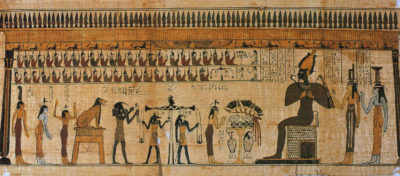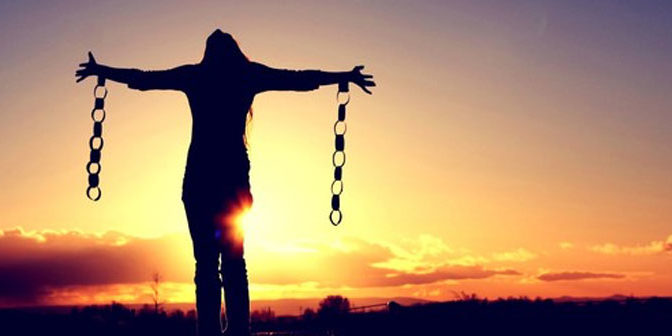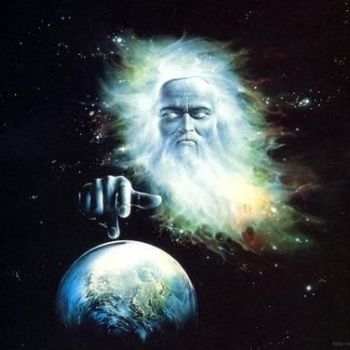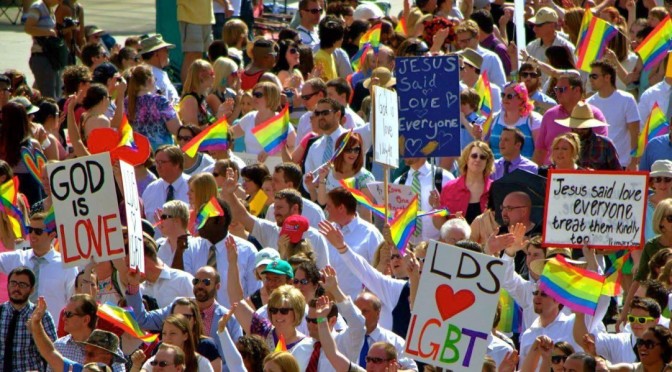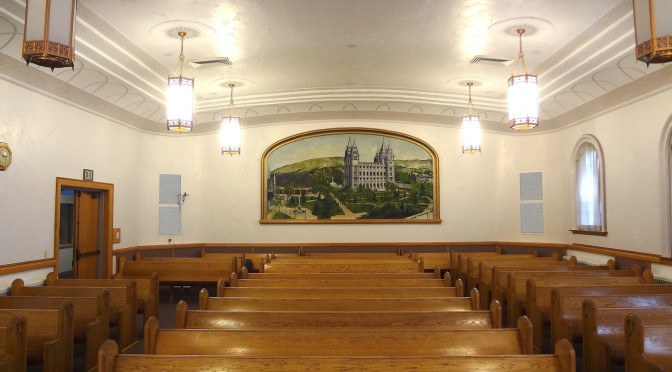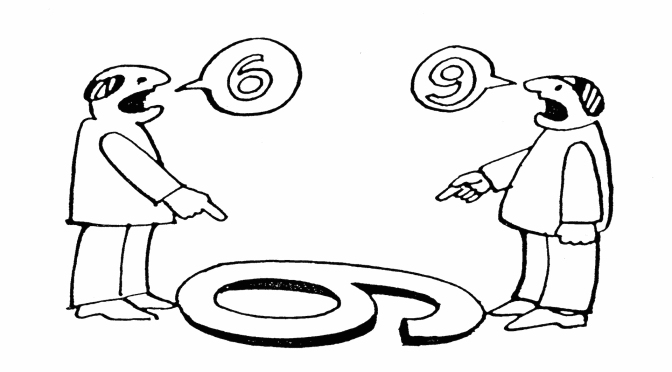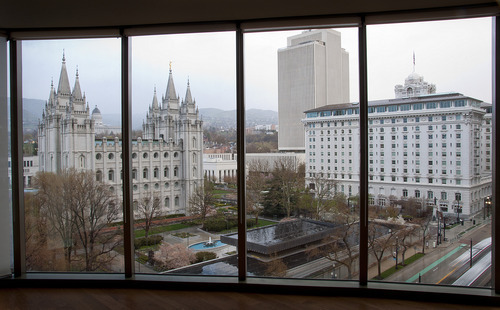A couple of years ago, my daughter was staying with my LDS mother. After the visit, my mother told me that, at dinner, my daughter asked to “do what [my cousin] does,” meaning to say the prayer. My mother wasn’t sure what to do, so she simply helped/coached my daughter through saying a prayer. I understood that my daughter just wanted to participate in and receive the attention given during the ceremony. I appreciated my mother being honest with me about the occurrence and it opened up a discussion amongst our family about how to deal with my non-religious child.
We had never really mentioned religion to her, thinking she was maybe too young to understand it. It was clearly time, however, to start introducing the fact that some people believe in the supernatural and don’t need science to support their beliefs.
The first thing we did was invent ‘Gratitudes’; a secular pre-dinner ceremony in which we say three things for which we’re grateful. When my daughter was at grandmother’s house, one of her cousins could say the prayer and then she could say her ‘Gratitudes.’ We started the ceremony at home, and it seems to be working well when visiting family.
The second thing we did is order a children’s version of The Odyssey and introduce the concepts of mythology. These stories were fun and introduced the concepts of gods and goddesses. After that, we went to the library to seek out books about other cultural mythologies. Egyptian. Chinese. Japanese. Norse. Indian. Native American. All that we could find. We explained that all cultures developed rich, creative, fun, and different ways to explain life, death, natural disasters, etc. We then carefully explained that some people still believe in different versions of mythology and that her grandmother believed in a different version of mythology from her ‘nana & pappa’. She asked if we believed in mythology? My wife and I answered truthfully that we once did, but that we found science a much better way to explain life, death, natural disasters, the solar system, biology, and more.
Introducing religion in this way seemed effective with our child and the process was smoother than I once feared. She seems to have accepted and understood these different belief structures with much greater ease than I ever did. I think it a useful method of introducing these difficult concepts without indoctrination. We have no desire to teach our daughter what to think, rather how to think.
